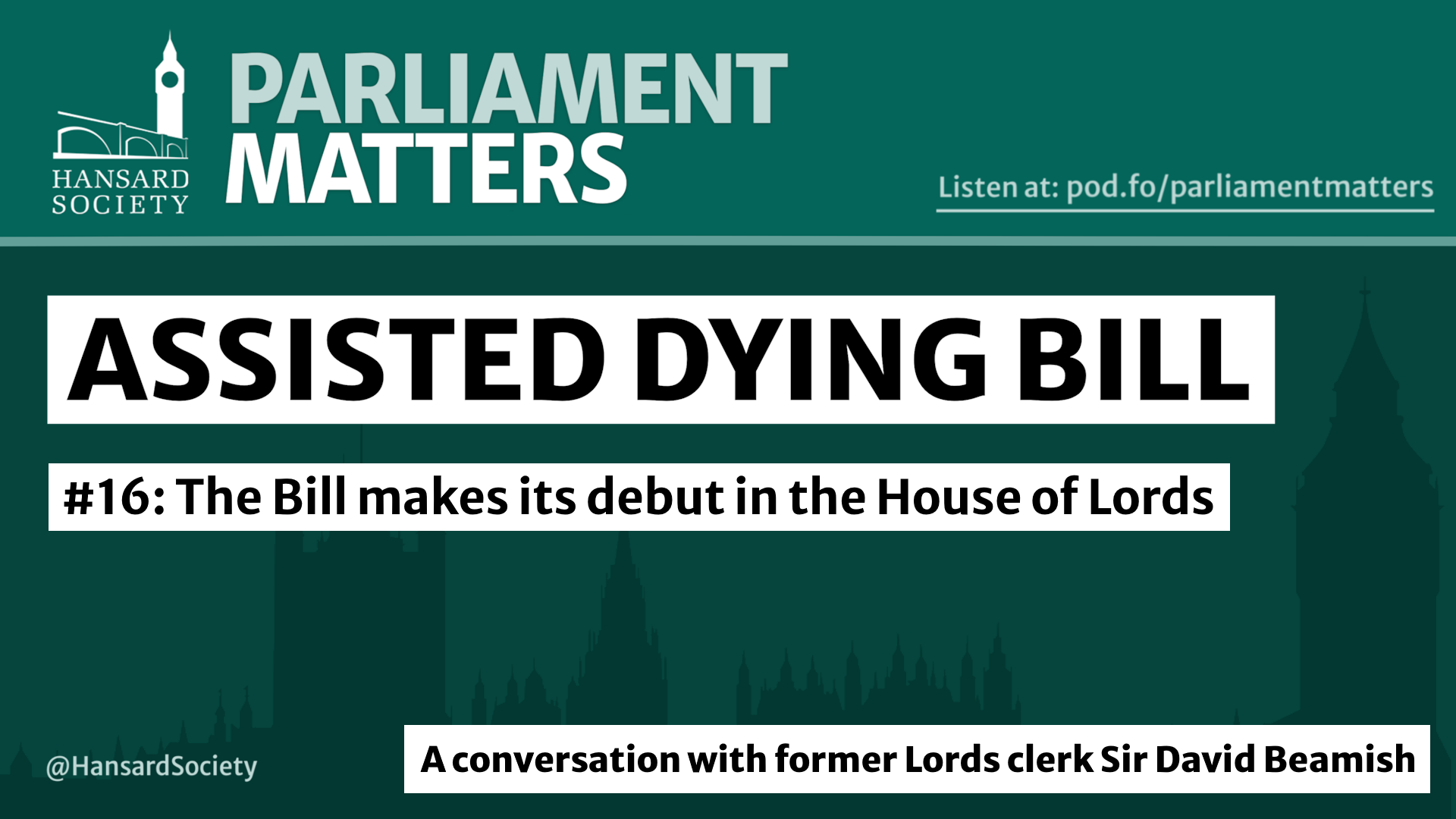Ruth Fox: Yeah, and that's why I think actually, despite the fact, I think its reputation has been downgraded over the years. That's [00:33:00] why I actually think within Cabinet, the Leader of the House role is as interesting a job as there is in government in many respects, because, you know, you do see right across the political landscape and you get access to a lot of papers that go to departmental heads and go to the Prime Minister and so on. And as I say, you spend a lot of time in Westminster with your colleagues. So if you are a parliamentary focused person, that can be a really quite a satisfying job. But if you've been chief whip, been expecting or hoping to stay as chief whip, and you've been chief whip for a very long time and you wanted to stay in the job, you might not be so thrilled. So the question I think is, is now, what will the attitude be that he takes towards modernization? Mm-hmm. So the modernization committee can't, I think, be scrapped because it's a manifesto commitment, but he can slow progress. It doesn't actually have to do anything. Yeah, yeah, I mean, and so the question is, where's the agenda now. With Lucy Powell, it was pretty clear that at [00:34:00] least in this sort of first session, as you say, she was focused on accessibility. She was doing a lot, I think for behind the scenes to help new MPs sort of resolve some of these kind of, you know, issues that just sort of get in the way of being an effective MP and make their lives more difficult. She was looking at, um, particularly for MPs with sort of access, special access needs, you know, MPs with disabilities and so on, making their access easier and better. And as I understand it, winning a lot of applause behind the scenes for that. And interestingly, I wonder how that plays into the Deputy Prime Minister's race because MP that has to get, you know, 80 odd nominations in quick time. It was a lot of people, a lot of backbenchers that she'll have been dealing with who will have, you know, really welcomed the kind of focus that she placed on them.




